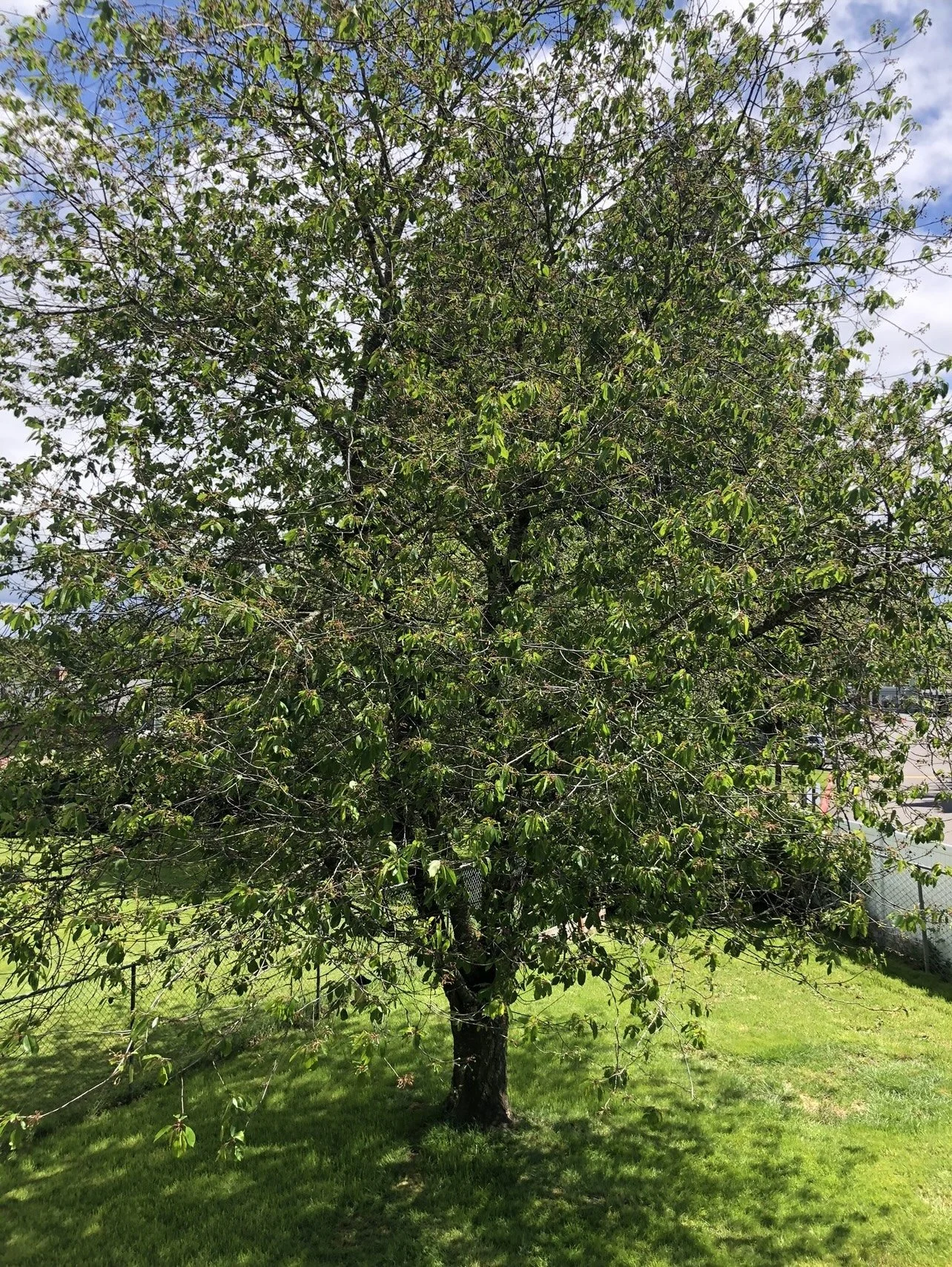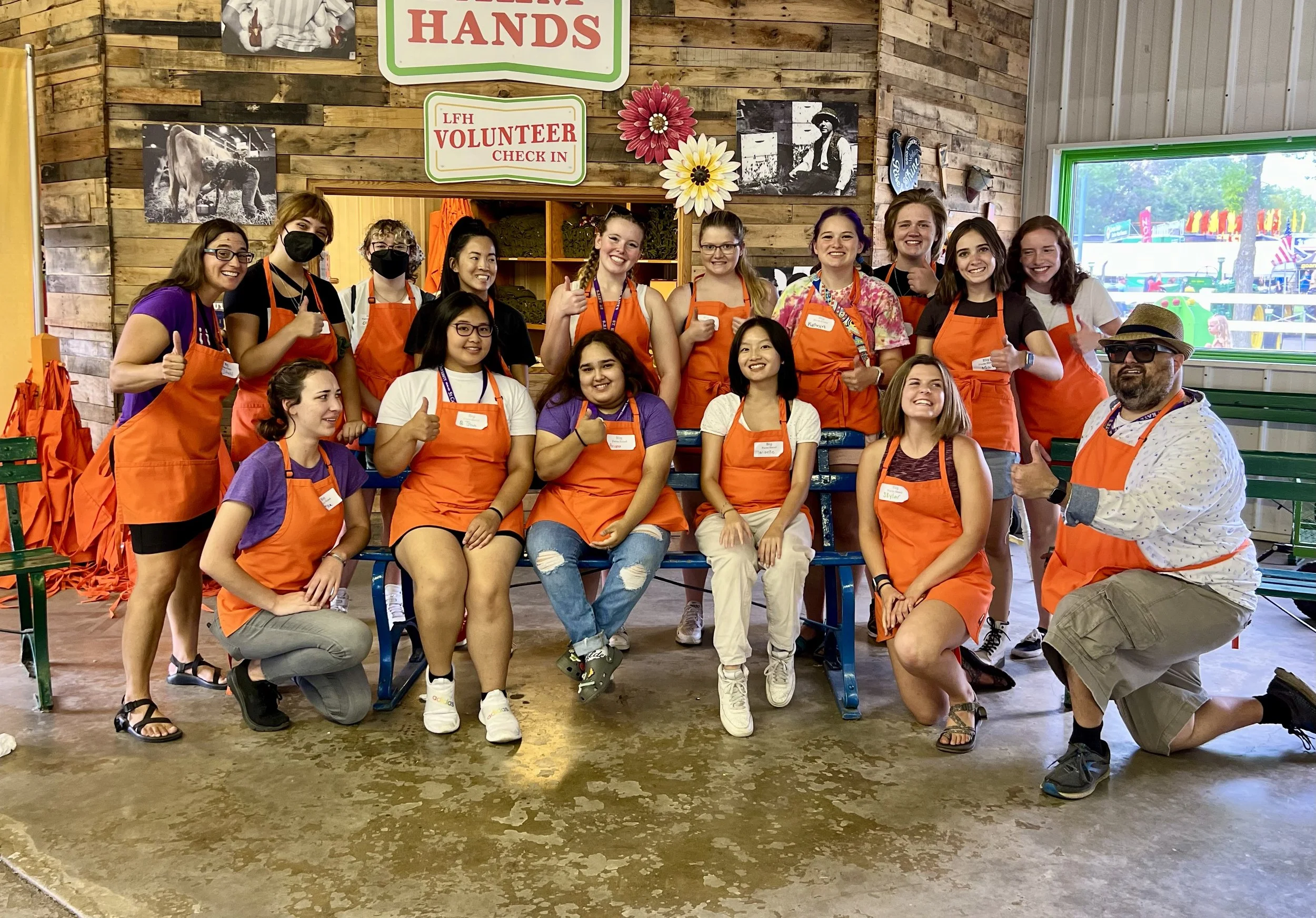Special Edition Fall 2022: What Makes a Home Your Home?
What is home?
By Sarah Applin
In August of this year, I moved 1,722 miles. I packed up my one-bedroom apartment and decided to go somewhere I had only ever been once. In my first weeks of living in Minnesota, I had multiple encounters with people where I would say something like, “I am going to go home.” “Home,” in reference to my room on campus. Many people would say, “Oh wow! You're going to Oregon right now?” I was confused. I would explain that I just meant the on-campus housing, and many would say things about how this is not their home, they would never call this place their home. I once dated someone who was moving just as far as I was. On our first date, they told me that they didn’t want to leave Portland. They were grieving. “This is my home,” they said. “I have a strong sense of my home, this is it, and I am leaving it.” I didn’t know what to say. I had no tie-in, I had no idea about what makes a home a home.
From Portland, Ore., to St. Paul, Minn., I left the place that many would argue is my “home” with very little sadness. I was not only excited for the adventure I was about to embark on, but I was also happy for a new start. Moving here felt like the beginning of life, like I was going to start building my own life that was personal and unique to me. This has led me to think about what home means in my life. Is it a place? A feeling? The people in the place? How do I know? What impacts a sense of home?
Photo of Sarah in childhood home’s kitchen
Growing up, I had strong feelings for my childhood home. It was a place I knew, that I went home to every evening after school and woke up in; where I watched “Curious George” and drank a cup of tea while my dad did my hair. However, this wasn’t where I felt the most belonging. I often felt like I couldn’t be myself, or I couldn’t live in my house that I thought was home. So, I searched for solace within other people. In many ways, I relate my loss of sense of home to what San Francisco-based novelist Richard Kadrey wrote in one of his books: “When you’re born in a burning house, you think the whole world is on fire. But it’s not.” From an early age, my view of home being a sacred physical place of comfort was disrupted. I developed home in people, in my communities where I felt welcomed and safe.
I had the opportunity to interview Professor of Sociology Nancy Heitzeg (she/her) who had great and sentimental opinions of the idea of home. When I asked if I could interview her, Heitzeg sent me a poem by Robert Frost that she says represents what home means to her. The poem reads, “Home is the place where, when you have to go there, / They have to take you in.”
Heitzeg grew up on a farm where her dad still lives. “Home to me, is not just the horse, or the people,” she said. “It’s about the land, it’s about the space. I will say though, that growing up there and that place still being a part of our family is a real sense of security. If all else fails, you can go to the farm.” She adds that although the farm is on stolen land, it has been in her family since before the Civil War.
I asked Heitzeg if the farm was still her home, and she responded, “Ultimately, yes. When I think about how much people move around in contemporary society, I don’t. I haven’t moved around much. I have lived in four places, which is probably rare. I think home is having a place to go; where you can be free from whatever it is going on outside.”
As a professor of sociology, Heitzeg brought great perspectives about how culture and society impact the idea of home. “Our society is really invested in the idea that home is a house,” she said. “Even in the linguistic debate about houseless people and whether they are ‘homeless’ or are they ‘unhoused?’ That is really limiting.” She adds, “Maybe it would be healthier for us as a society if we had a more expansive version of home. Often, people who are marginalized think of home as their people; people they are safe with, those who understand them. That is not so much a physical place but a sense of understanding, welcoming and hospitality.” I think that this describes the fluidity of home. To everyone, it is different, it is expansive; as a society, there should be an openness to this sense.
Burnices Barlue ‘24 (She/They, Neuroscience, Psychology/Longevity and Aging minor) adds to the idea of home being a feeling, saying, “To me, home isn’t just a place, but also a sense of belonging within.” Barlue shares, “I’d say that my cultural identity has impacted the environments I feel most at home in. I am a Liberian that was born in Ghana and raised in the U.S. Throughout my childhood, I was generally immersed in predominantly Liberian and West African spaces, and because of that, I feel most at home when I am surrounded by people I can relate to ethnically or culturally. I also feel home in spaces that highlight and promote distinct similarities and shared experiences between myself and others that are central to my identity.” Barlue offers a heartwarming perspective on how people can allow others to feel at home with one another.
Photo of a tree in Sarah’s childhood home’s backyard
Since living in Minnesota, I have gained gratuity for things that I experienced in Oregon, things that I consistently had in my reach yet never truly realized their meaning to me. Leaving Oregon gave me the space to realize my thankfulness for not only the people that I met who live there, but also for the normalcy that I received from truly knowing the surroundings, natural world and fun things like coffee shops, restaurants and stores.
Photo of Sarah and her sister, brother, and nephew in childhood home’s kitchen
In addition to this gratitude, I have also discovered how it feels to miss something that is still relatively available to me. I believe that this, my move, coming to St. Kate’s, growing up as a Black girl in an unconventional home, has all allowed a transformation in my perception of home.
So, what is home to me? I have some ideas but argue that it’s an ever-changing idea. For now, home is feeling like I can ask for a hug from those around me. Home is feeling like I can ask for a cup of tea and you would be happy to give it to me. Home is feeling like we can cry together and won’t feel embarrassed after. Home is familiarity. Home is warmth.








